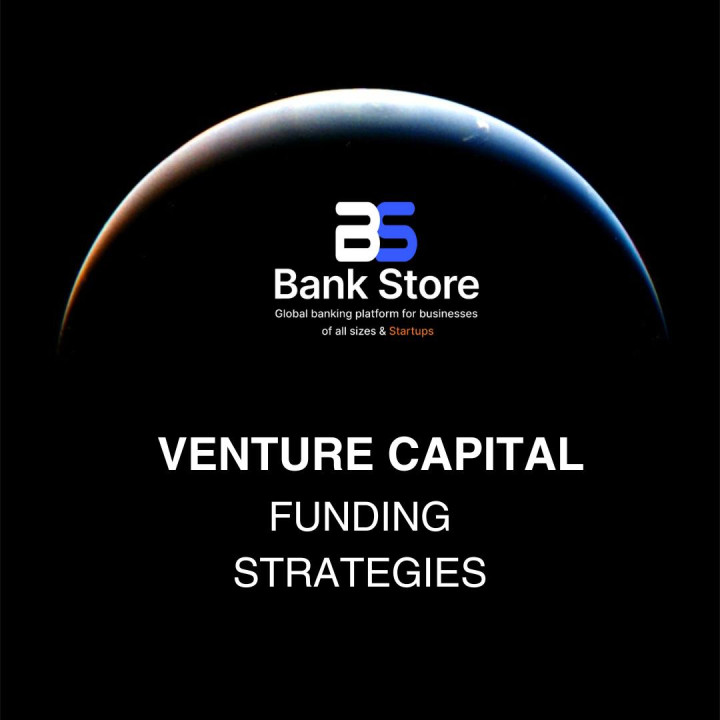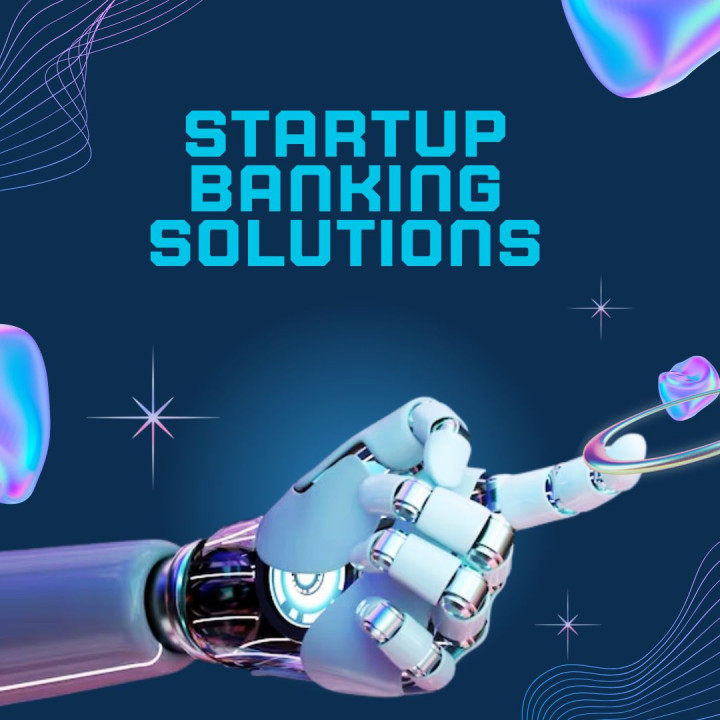The fintech industry is rapidly evolving, driven by technological advancements and changing consumer expectations. Staying updated on the latest fintech market trends is crucial for businesses looking to innovate and stay competitive. This article explores the most significant fintech trends shaping the future of finance.
Key Fintech Market Trends
Digital Banking
Customer Experience: Enhanced user experiences through intuitive interfaces.
Accessibility: 24/7 banking services from any location.
Mobile-First Approach: Increasing reliance on mobile banking apps.
Blockchain Technology
Decentralized Finance (DeFi): Enables peer-to-peer financial services without traditional intermediaries.
Cryptocurrencies: Growing acceptance of digital currencies like Bitcoin and Ethereum.
Smart Contracts: Automates contract execution, increasing efficiency and reducing costs.
Artificial Intelligence and Machine Learning
Personalized Financial Services: AI-driven insights for customized financial advice.
Risk Management: Enhanced fraud detection and credit scoring algorithms.
Operational Efficiency: Automation of repetitive tasks like customer service and transaction processing.
RegTech Solutions
Compliance Automation: Simplifies regulatory reporting and compliance checks.
Fraud Prevention: Real-time transaction monitoring for suspicious activities.
Identity Verification: Advanced KYC (Know Your Customer) processes.
Open Banking
API Integration: Facilitates seamless data sharing between banks and third-party service providers.
Consumer Empowerment: Offers customers greater control over their financial data.
Innovative Services: Encourages the development of new financial products and services.
Cybersecurity Innovations
Advanced Encryption: Protects sensitive data from breaches.
Biometric Authentication: Uses fingerprints, facial recognition, and voice recognition for secure access.
Threat Intelligence: Proactive identification of potential security threats.
Peer-to-Peer (P2P) Lending
Alternative Financing: Offers borrowers access to funds without traditional banks.
Investor Opportunities: Provides investors with new revenue streams.
Lower Costs: Reduces borrowing costs compared to traditional loans.
Robo-Advisors
Automated Investment Management: Uses algorithms to manage investment portfolios.
Cost Efficiency: Lower fees compared to human advisors.
Accessibility: Makes investing accessible to a broader audience.
Impact on Financial Services Industry
The adoption of these fintech trends is transforming the financial services landscape:
Enhanced Customer Satisfaction: Better, faster, and more personalized services.
Increased Efficiency: Automation and technology reduce costs and streamline operations.
Greater Financial Inclusion: Access to financial services for underbanked and unbanked populations.
New Business Models: Emergence of innovative business models disrupting traditional banking.
How BankStore Can Help
At BankStore, we specialize in helping businesses navigate the dynamic fintech landscape. Our services include:
Consultation Services: Expert advice on integrating and leveraging fintech solutions.
Technology Implementation: Assistance in adopting blockchain, AI, and other cutting-edge technologies.
Compliance Support: Guidance on adhering to regulatory requirements.
Final Thoughts
The fintech market is poised for significant growth, driven by technological innovations and evolving consumer demands. By staying abreast of these trends and adapting to changes, businesses can position themselves at the forefront of financial innovation. Partner with BankStore to navigate the complexities and harness the potential of the fintech revolution.




